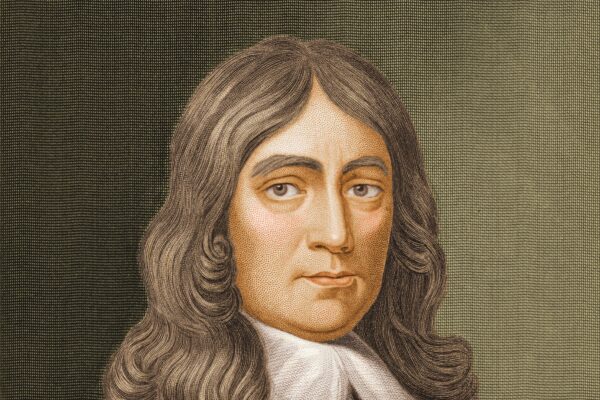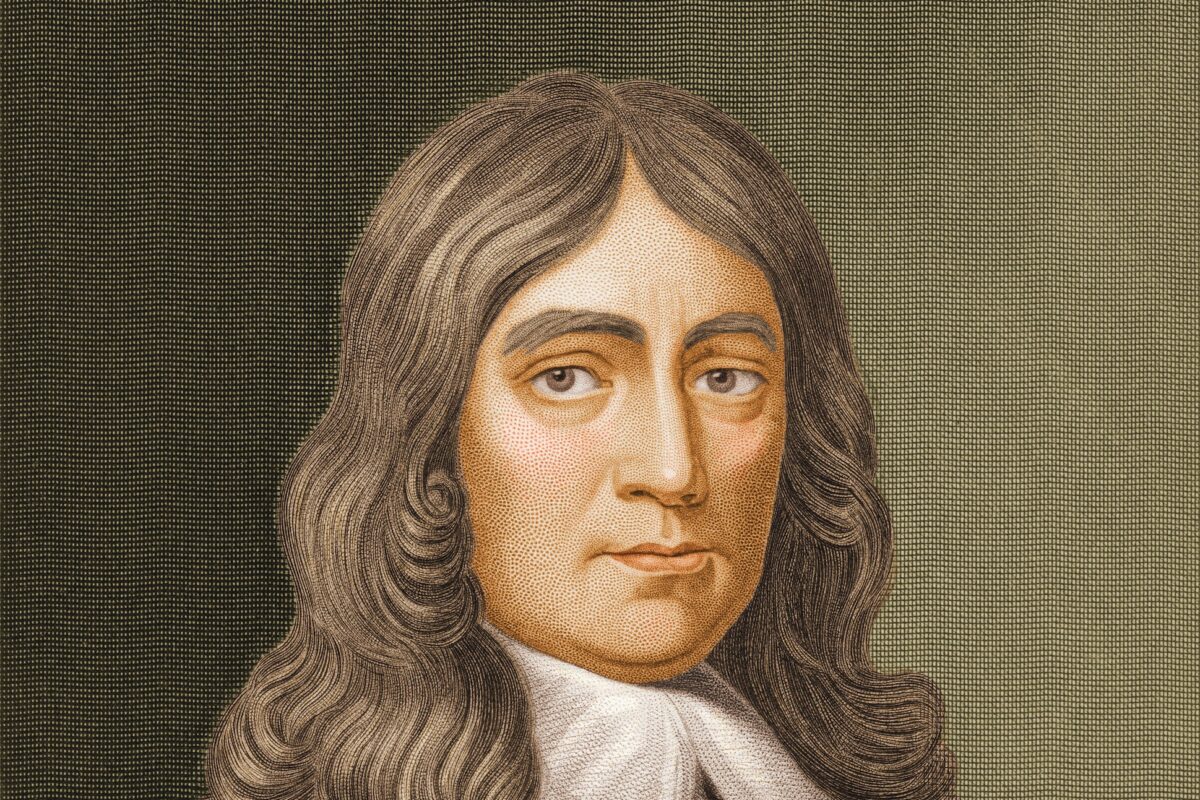John Milton: A Life of Poetry, Politics, and Paradise
John Milton (1608-1674) wasn’t just a great poet, he was a complex and fascinating figure who left his mark on both literature and history. Here’s a comprehensive overview of his life:
Early Life and Education:
- Born in London on December 9, 1608, to a well-educated and musically inclined family.
- Excelled in his studies, attending prestigious schools like St. Paul’s and Christ’s College, Cambridge.
- Initially planned to become a priest, but ultimately chose the path of a poet and scholar.
Literary Beginnings:
- Composed early poems in Latin, Italian, and English, showcasing his exceptional talent.
- Famous early works include the pastoral elegy “Lycidas” and the sonnet “On His Blindness.”
- Championed liberty and free speech, writing influential pamphlets like “Areopagitica.”
Political Activism:
- A staunch Puritan, Milton actively supported the English Civil War and Oliver Cromwell’s government.
- Served as Latin Secretary, writing official documents and propaganda for the Commonwealth.
- Advocated for radical political ideas, including divorce reform and freedom of the press.
Personal Life and Challenges:
- Married three times, experiencing joys and complexities in his relationships.
- Became completely blind by 1652, a significant personal and artistic challenge.
- Despite difficulties, continued writing with the help of amanuenses (dictators).

Literary Masterpieces:
- Milton’s greatest work, the epic poem “Paradise Lost” (1667), explores the fall of humankind with grandeur and drama.
- He followed it with “Paradise Regained” (1671) and the tragedy “Samson Agonistes” (1671), further solidifying his literary legacy.
Legacy and Impact:
- Considered one of the greatest English poets after Shakespeare, known for his grand style, complex themes, and masterful use of language.
- “Paradise Lost” remains a cornerstone of English literature, influencing countless authors and artists.
- Milton’s work continues to be studied and debated for its exploration of religion, free will, and the human condition.
Further Exploration:
- To delve deeper, you can explore biographies like “John Milton: A Life” by William Empson or “Milton and England” by Christopher Hill.
- Read his major poems like “Paradise Lost” and “Lycidas” to experience his powerful use of language and imagery firsthand.
- Discover how his work continues to influence literature, music, and other art forms.
I hope this comprehensive overview gives you a good starting point to explore the life and work of John Milton. Remember, these are just highlights, and there’s much more to discover about this fascinating figure.

